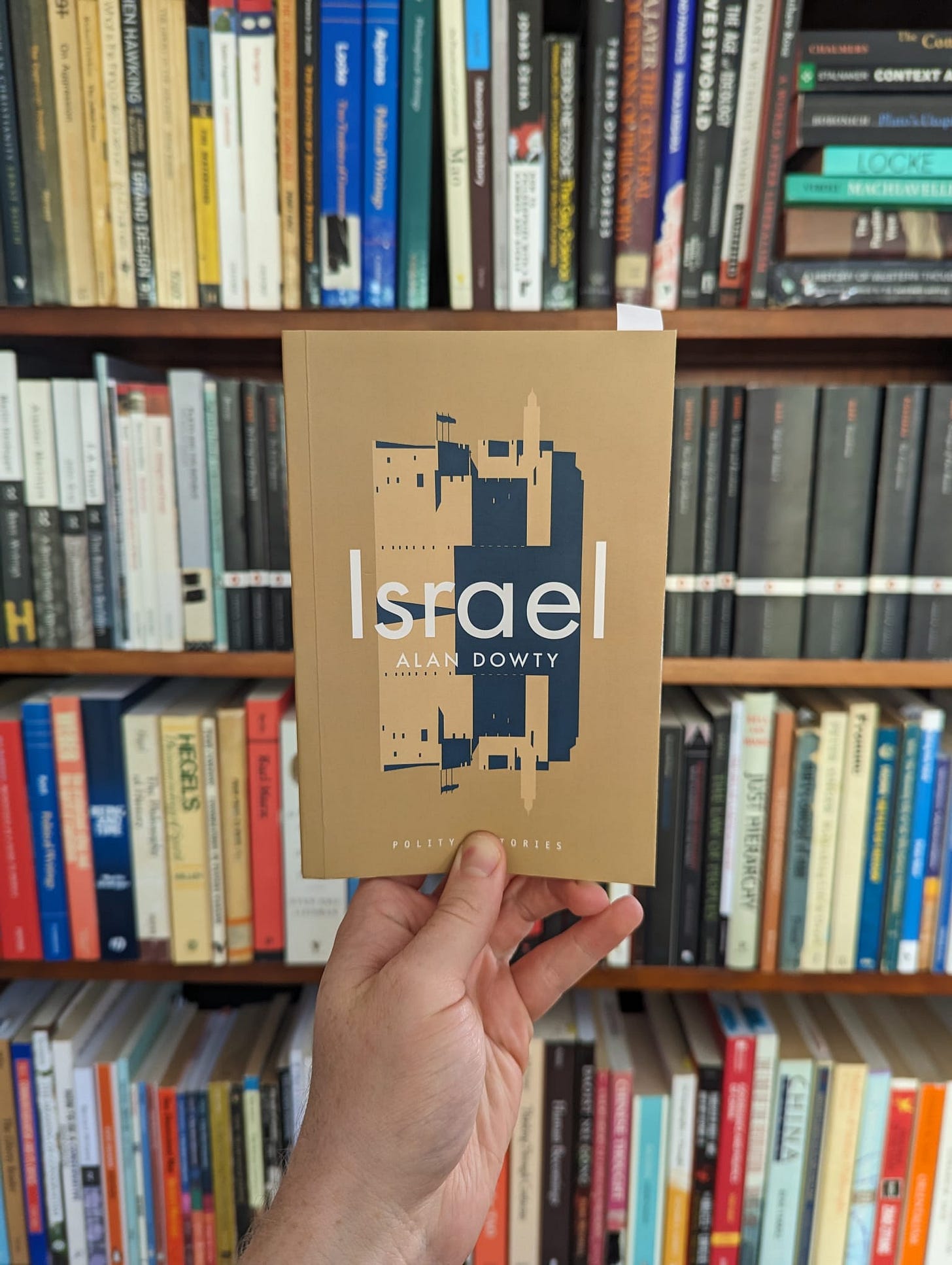Israel’s story begins in Tsarist Russia. Yes, you read that right. By the end of the nineteenth century, half of the world’s Jews lived within the Russian Empire. But this did not mean that Tsarist Russia was a safe place for Jews, not at all. Between 1880 and 1920, several violent waves of antisemitism caused four million Jews to flee Russia. Most went to the United States and Western Europe. But some – around 2 percent – decided that the time had come to return home.
The idea of a ‘Return to Zion’ has always existed in Jewish thought. For most of history Zionism was a spiritual yearning – the belief that one day the Messiah would appear, leading the Jews back to Zion and triggering the final redemption of mankind. In the late nineteenth century, however, Zionism began to take shape as a political project.
The politicisation of Zionism was ironically a response to growing antisemitism within Europe. The idea of ‘race’ and nation-states founded on ethnic homogeneity transfigured antisemitism into a racial hatred. This made it harder for Jews to assimilate into the local culture – you can renounce your religion, but you cannot change your race. As a result, the idea of an ethnically Jewish nation-state took hold as a way of protecting Jews against relentless persecution.
Still, the notion of a Jewish state had little currency. This changed once again thanks to events in Russia. The 1905 Russian Revolution unleashed a series of bloody ‘pogroms’ (violent attacks designed to expel an ethnic or religious group). In response, around 34,000 Russian Jews fled to Palestine, which was then controlled by the Ottoman Empire. The Ottomans were not thrilled, to say the least, about this new influx of Jewish immigration. They regarded it as an attempt by European powers to weaken the already flailing Ottoman Empire by fomenting ethnic and religious tensions within their borders. In a sense, they were right. The British decision in 1917 to support the creation of a “national home for the Jewish people” (note: not a “state”) was influenced by geopolitical considerations. An allied Jewish presence in the Middle East, especially near the vital Suez Canal, would be a strategic boon for Britain.
During World War I, the Ottomans made the fateful decision to side with the Central Powers against Britain, France and Russia. They hoped to reverse territorial encroachments made by Russia. The reverse happened: the Ottoman Empire collapsed and was divided up between the Allied Powers. Fortuitously for the fledgling Zionists, Britain ended up in control of Palestine. Britain facilitated Jewish immigration to Palestine over the next three decades, whilst also being mindful of not provoking an Arab backlash. They were successful until 1936 when a massive uprising took place. Britain panicked and backtracked: there would be no Jewish state and the Jewish population of Palestine would stabilise at one third. It would take the horrors of the Nazi war machine and the Holocaust to get the Zionist project moving again.
After the war, the Allied Powers faced the immediate problem of millions of displaced Jewish refugees. Where were these people to go? The answer was obvious to many: to Palestine. The Holocaust had converted nearly all Jews to the Zionist cause. If they were to survive as a people, they needed a state of their own. A UN Special Committee on Palestine recommended partitioning British-controlled Palestine into two states: one Jewish, one Arab. The UN General Assembly endorsed the plan, 33 votes to 13. Fifty-six percent of Palestine was allotted to the creation of a new Jewish state.
From 1947, British forces began to withdraw from Palestine. Unsurprisingly, fighting immediately ensued between Jews and Palestinian Arabs who refused to accept a new Jewish state. The British mandate over Palestine officially ended on May 15, 1948. The Declaration of Independence was read that Friday at 4:00pm in Tel Aviv. Golda Meir, who was to one day become Israeli Prime Minister, remembers the emotion of that day: “My eyes filled with tears…we had done it. We had brought the Jewish state into existence…Now we were a nation like other nations, master – for the first time in twenty centuries – of our own destiny.”[1]
The euphoria was short-lived. The new Jewish state would soon be fighting for its continued existence. All of that next, in Part Two.
[1] Israel, Dowty, A, 2021, pp. 68




